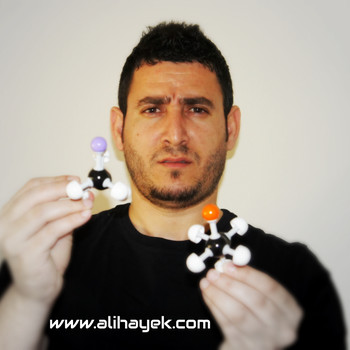A sample of gas occupies a volume of 70.9 mL. As it expands, it does 118.9 J of work on its surroundings at a constant pressure of 783 torr. What is the final volume of the gas?
1 Answer
Explanation:
The relationship between work (
where,
since the gas is expanding, then the work is done by the system and it is of a negative value .
Note that work, in this case, should be expressed in
Since work is done by the system:
Pressure should then be expressed in
Thus, replacing every term in its value in the expression
Note that
Here is a video that further explains this topic:
Thermochemistry | The Nature of Energy.


